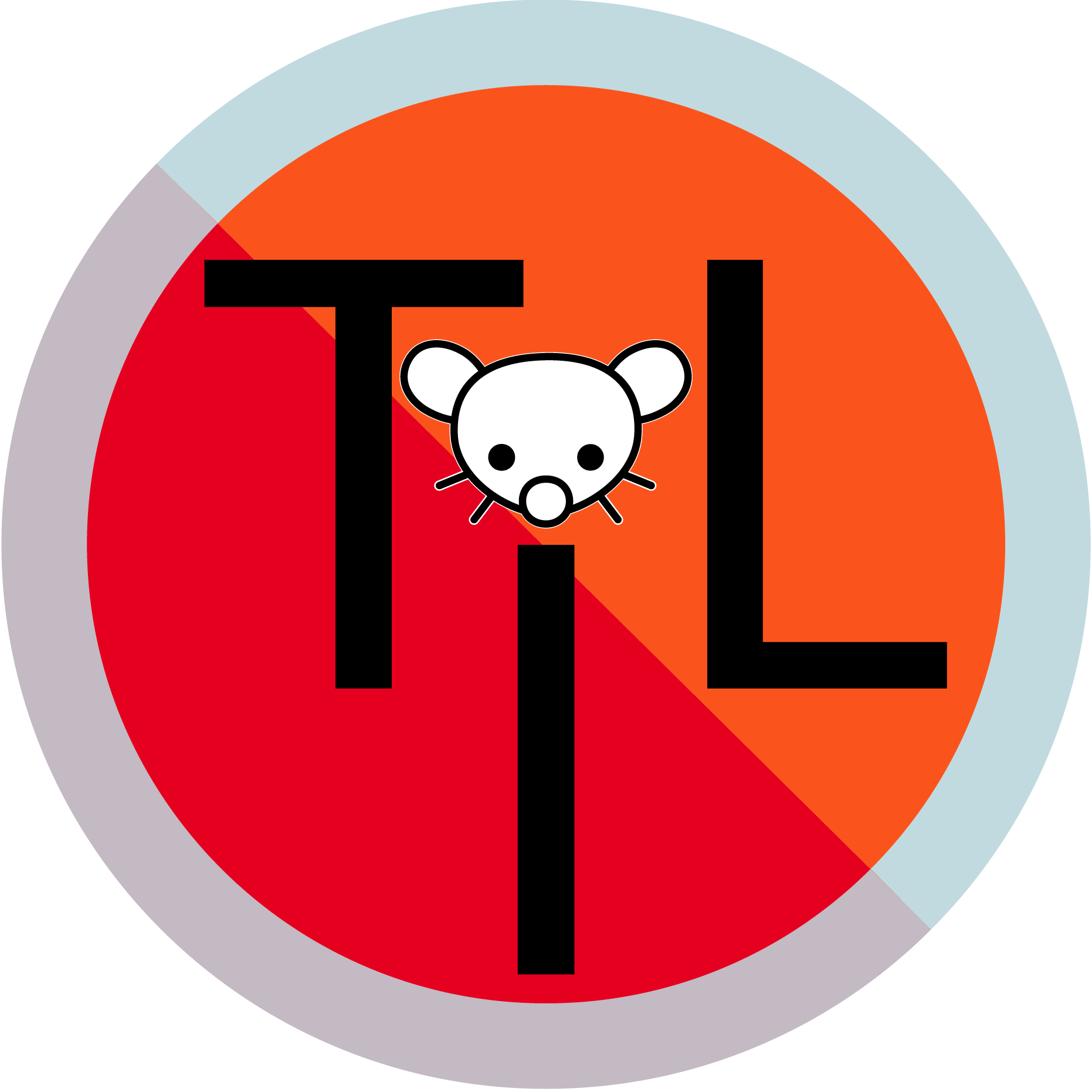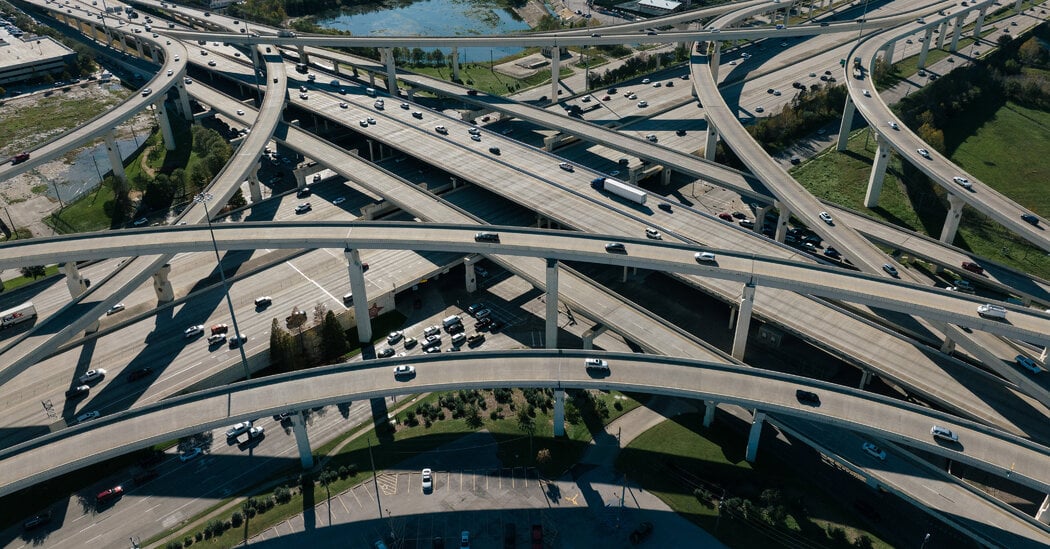- cross-posted to:
- fuckcars@lemmy.world
- cross-posted to:
- fuckcars@lemmy.world
For critics of widening projects, the prime example of induced demand is the Katy Freeway in Houston, one of the widest highways in the world with 26 lanes.
Immediately after Katy’s last expansion, in 2008, the project was hailed as a success. But within five years, peak hour travel times on the freeway were longer than before the expansion.
Matt Turner, an economics professor at Brown University and co-author of the 2009 study on congestion, said adding lanes is a fine solution if the goal is to get more cars on the road. But most highway expansion projects, including those in progress in Texas, cite reducing traffic as a primary goal.
“If you keep adding lanes because you want to reduce traffic congestion, you have to be really determined not to learn from history,” Dr. Turner said.



Just like with nearly anything else, if you do a shit job of implementing something and do a 1/2-ass effort then the results will be shit. Garbage-in, garbage-out.
The US population has grown considerably over the decades and yet our highway traffic system has not even come close to keeping pace. I’M ALL FOR MORE TRAINS and MASS TRANSIT, but I am also not some deluded hippy that thinks we can just get rid of cars and all our traffic problems will magically go away like all your problems after a few hits from a bong.
We need more lanes on MANY highways throughout the nation and this terrible example in Houston doesn’t change that fact.
Hmm for some reason I don’t believe you’ve actually considered opposing views
By definition, if you got rid of cars, you wouldn’t have traffic. Traffic is made from cars.
As many other people have explained, more lanes are not the main solution. Going from 1 to 2 or 2 to 3 may help, but any more just creates more “induced demand” and more traffic. More cars on the road guarantees more traffic.
There are highways, major streets, and side streets all over LA and NYC. Traffic is still terrible.